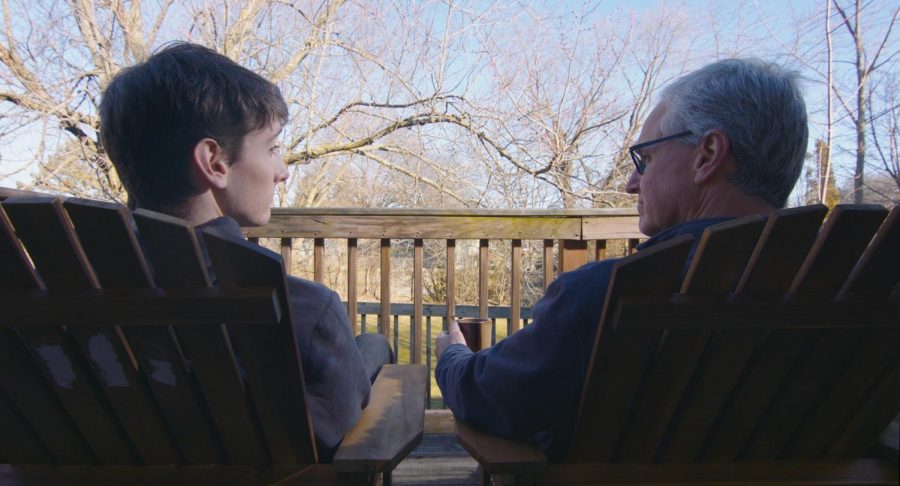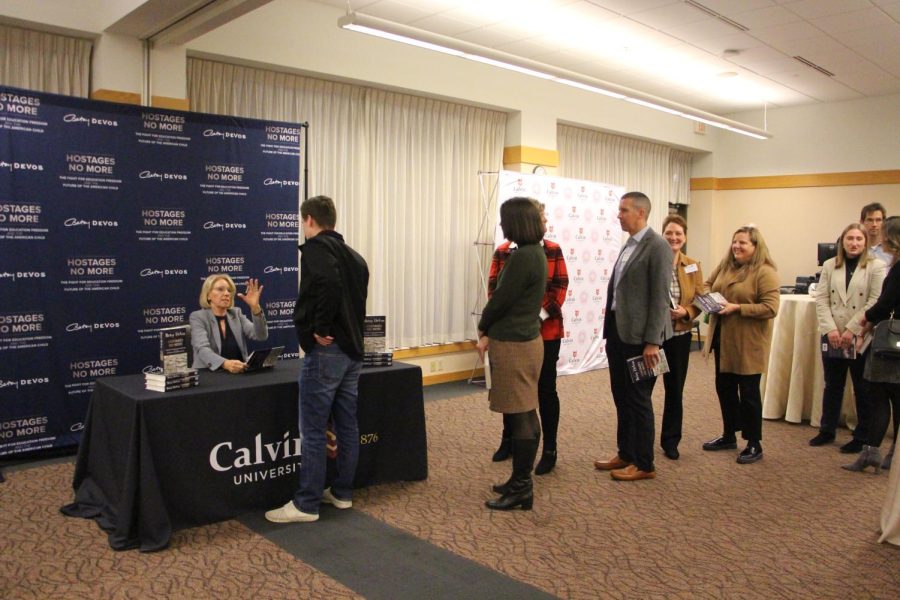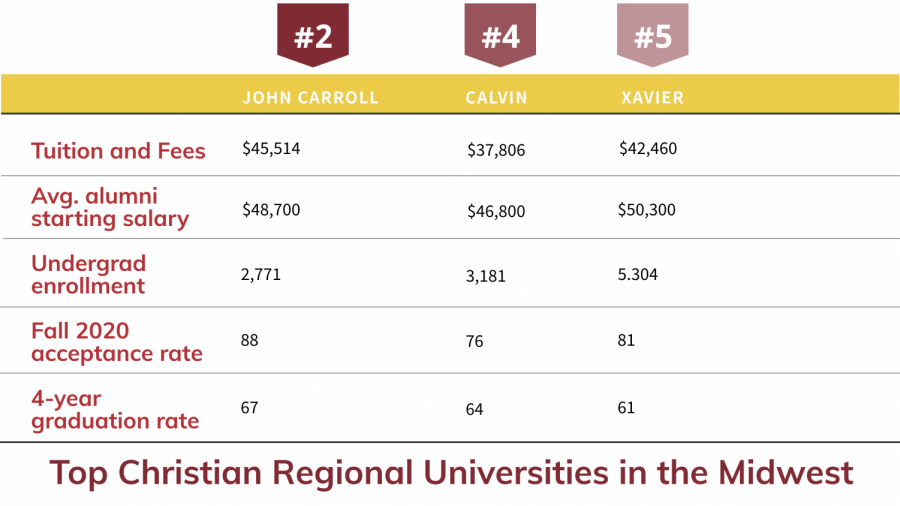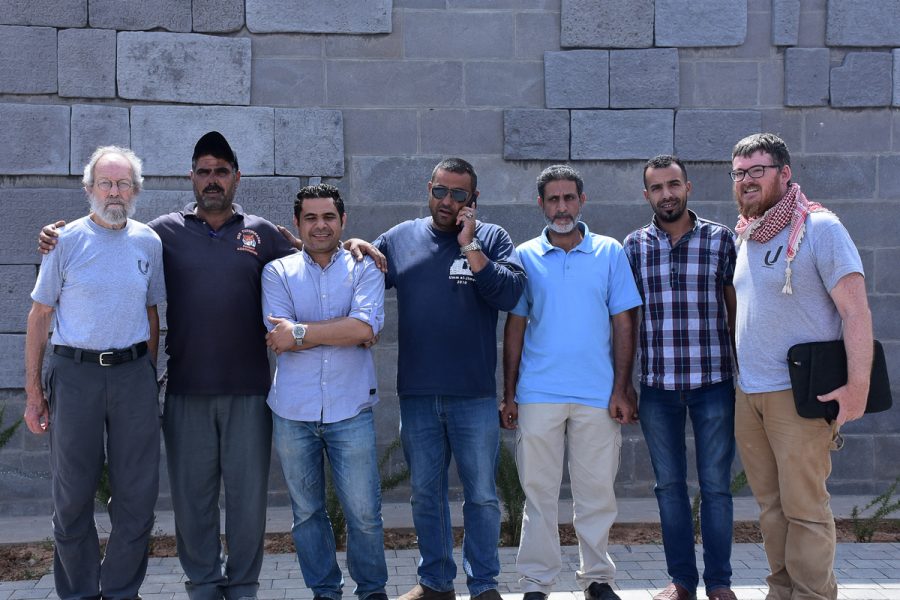Calling the current core “unsustainable” and “too large,” a rough draft for a new core curriculum would cut the number of core credits from 74 down to 49 to 52.
The current draft includes a new eight-credit, two-course introduction to the core — which would replace First Year Seminar and Developing a Christian Mind — that is structured around philosophy and religion.
It also includes a much smaller foreign language requirement and several combinations of current categories. According to the model, the combinations would include departments such as English, CAS and art history; political science, sociology and history; and biology and kinesiology.
The committee hopes to present broad recommendations for core to the Board of Trustees at its January meeting, according to Bruce Berglund, chair of the core curriculum committee.
“These recommendations will not include specific core structure,” Provost Claudia Beversluis said. “We will bring [a specific plan] to faculty senate in the spring.”
According to the model drafted by the committee, core would be divided into “six areas of knowledge” that will be comprised of courses spanning multiple departments.
“The logic behind making broader, interdisciplinary categories is that we are trying to reduce core in a way that wouldn’t target specific departments,” said Berglund.
The committee’s outline would expand instruction in written and oral rhetoric, include a new focus on visual rhetoric, and offer room for more elective courses — a total of 12 “pick-and-choose” credit hours.
The plan removes the one-credit cross-cultural engagement (CCE) requirement and instead integrates it throughout the other classes. “The CCE category will be incorporated into the overall core,” Berglund said.
The health and fitness requirement would also be reduced from three semester hours to two.
The committee is re-evaluating the core curriculum due to a number of problems that have emerged over the years in regards to the nature of core in the education of students.
The committee began by examining complaints about the size and structure of the current core and then “investigated concerns that can be confirmed, supported or refuted with enrollment data and other evidence,” says the draft from the committee.
These confirmed concerns included the fact that many majors at Calvin allow for exemptions in core so that “the different requirements of certain programs and the inconsistent application of high school exemptions produce a number of practical problems,” says the document.
“We started out with different models and then investigated how core has affected enrollment, students with two majors and students not being able to graduate on time because of core requirements,” said Berglund.
Another problem with core that the report seeks to address is the growing number of students who take core classes during the summer at community colleges or other institutions and transfer in the credits. The report acknowledged that more than 300 full-time Calvin students transferred credits during the 2011-2012 school year.
“Without changes in the transfer policy or in the core curriculum, other departments that serve core will likewise find themselves competing with these easy online courses in the near future,” says the committee’s document.
But for now, the committee’s report continues to generate discussion in academic departments across the campus.
“I think it is still far too early to predict any kind of final outcome,” said Jeff Bouman, a member of the committee. “Now the larger community has some work to do in discussing and debating and doing more research into particular questions and concerns.”







